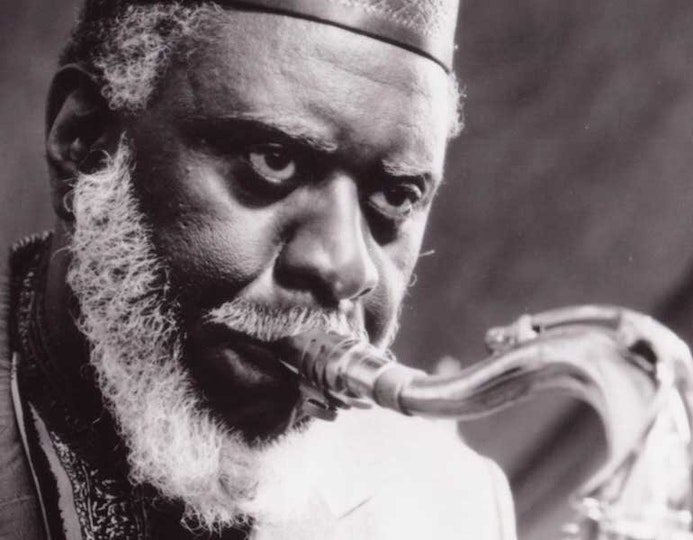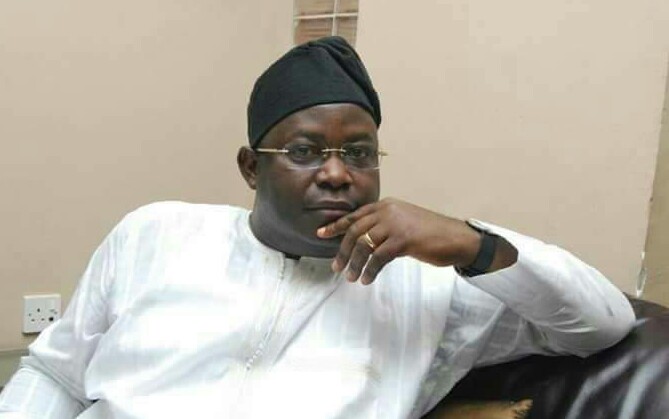News
Just In: Jazz Legend, Pharoah Sanders, Dies At 81

Jazz legend, Pharoah Sanders, dies at 81
Pharoah Sanders, one of the most wildly inventive figures in jazz who wrestled his saxophone to its limits and felt equally at home in Indian and African music, died on Saturday. He was 81.
His record label, Luaka Bop, said he died peacefully around friends and family in Los Angeles.
“Always and forever the most beautiful human being, may he rest in peace,” a label statement said.
Taking the open-mindedness of the free jazz movement to new heights, Sanders would virtually attack his saxophone by heavily overblowing on the mouthpiece — of which he collected hundreds — as well as biting the reed and even shouting into the bell of the instrument.
Sanders, a disciple of John Coltrane, who played aggressive solos on the jazz master’s classic late-career “Live in Japan” album, was often seen as a sort of successor to the global-minded legend after Coltrane’s sudden death in 1967.
Ornette Coleman — arguably the most important pioneer of free jazz — called Sanders “probably the best tenor player in the world.”
But Sanders, who to a lesser extent played soprano and alto sax as well, also divided audiences and never reached quite the same commercial success as Coltrane, Coleman or other historic jazz innovators.
With solos that built from screeching and squawking to silky and melodic, Sanders was described as a godfather of spiritual or even cosmic jazz, although the reticent musician brushed aside labels.
His best-known works included “The Creator Has a Master Plan,” a nearly 33-minute track off his “Karma” album on which Sanders sounds as if he is exorcising demons, before reaching back to a heavenly state.
Leon Thomas sings on the track, released in 1969 at the apex of counterculture, with the lines, “The creator has a master plan / Peace and happiness for every man.”
“Upper Egypt and Lower Egypt,” off Sanders’ influential 1967 “Tauhid” album, builds off guitar twangs and a gentle xylophone paying tribute to African tradition as Sanders storms in with a saxophone that sounds like tortured howls.
– Seeing saxophone as self –
“I don’t really see the horn anymore. I’m trying to see myself,” he said in the liner notes to “Tauhid,” his first album on the Impulse! label that put out Coltrane.
“And similarly, as to the sounds I get, it’s not that I’m trying to scream on my horn, I’m just trying to put all my feelings into the horn,” he said.
Farrell Sanders — he changed his first name’s spelling at the encouragement of futuristic jazz composer Sun Ra — was born and raised in segregated Little Rock, Arkansas, where he played clarinet in a school band and explored jazz from touring artists.
-

 News4 days ago
News4 days agoUpdated: Oyo Police Parade Arrested Yoruba Nation Agitators
-

 News3 days ago
News3 days agoJust In: Adeleke Appoints Former Osun Commissioner For Finance, Bolorunduro Chairman Of Living Trust Mortgage Bank
-

 News4 days ago
News4 days ago‘21 Chibok Girls Return With 34 Kids; 48 Parents Die Of Trauma’
-

 News1 day ago
News1 day agoBreaking: JAMB Directs CBT Centres To Arrest Parents Found Near Facilities During UTME Exercise



